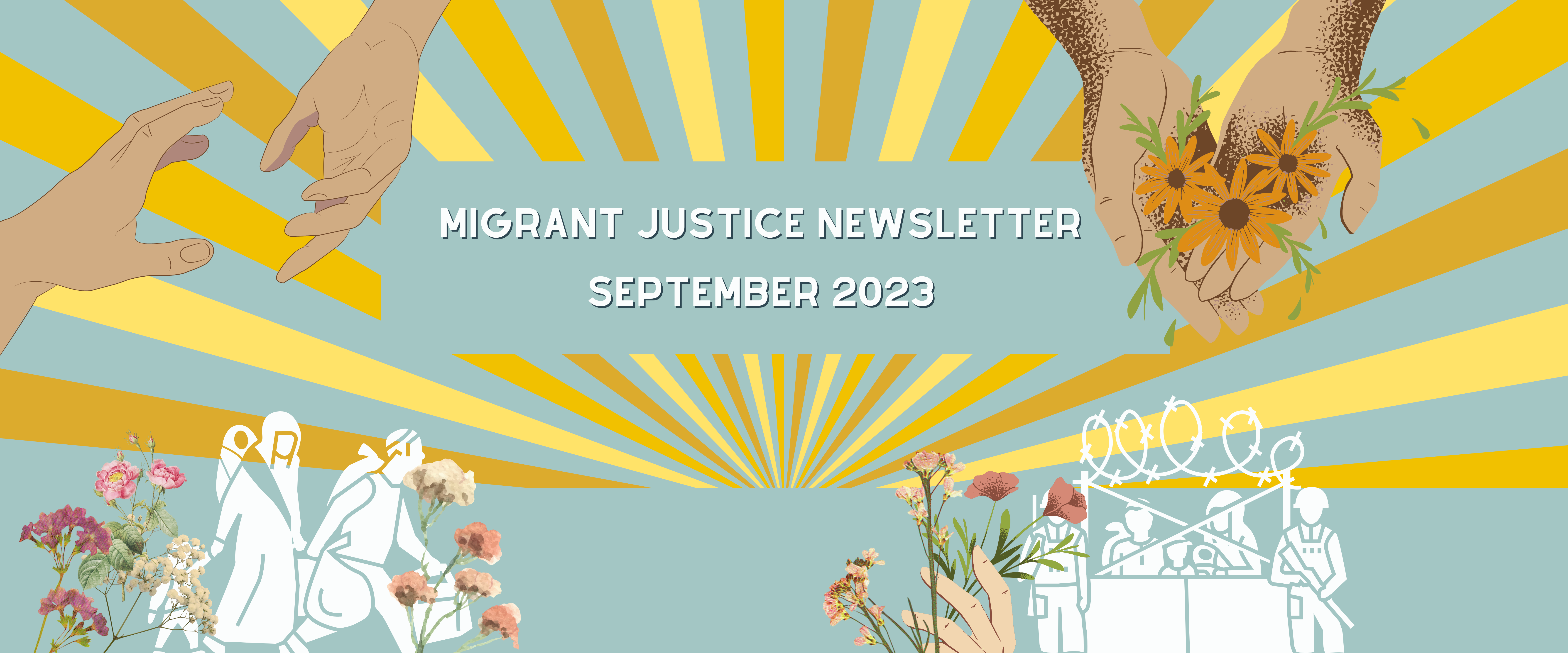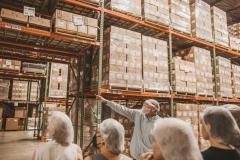Welcome to IRTF’s September 2023 newsletter on Migrant Justice and the current situation at the US-Mexico border! After you’ve looked through the articles, we hope you can take a few minutes to see the TAKE ACTION items at the bottom.
A recent report by the International Organization for Migration calls the US-Mexico border the “deadliest” in the world. But despite the emotional and economic cost, the harsh terrain, and the dangerous crossings (Darién Gap, border walls, Rio Grande River), migrants still come. Until root causes of migration are seriously addressed, they will come. As numbers of migrants rise, so do the number of removal flights operated by the US. In August, removal flights were up 50% from July, with 73% of them to the Northern Triangle countries of Central America. There were 52 flights to Guatemala, and 51 to Honduras , the highest number on record for that country.
For those with a vulnerable legal status residing in the US, nothing has improved. TPS expirations for some nationalities were extended, but that only covers 600,000+ migrants from 16 nations.DACA was just ruled unconstitutional (again) by a federal judge (again). We can expect that one to go to the Supreme Court.
In the absence of any meaningful immigration reform, everything being offered by the Biden Administration and Congress is piecemeal. See the Take Action items listed at the bottom to show your support for addressing the root causes of migration, cutting “alternatives to detention” surveillance programs, and ending family detention.
Read this monthly newsletter in its entirety at https://www.irtfcleveland.org/blog.



